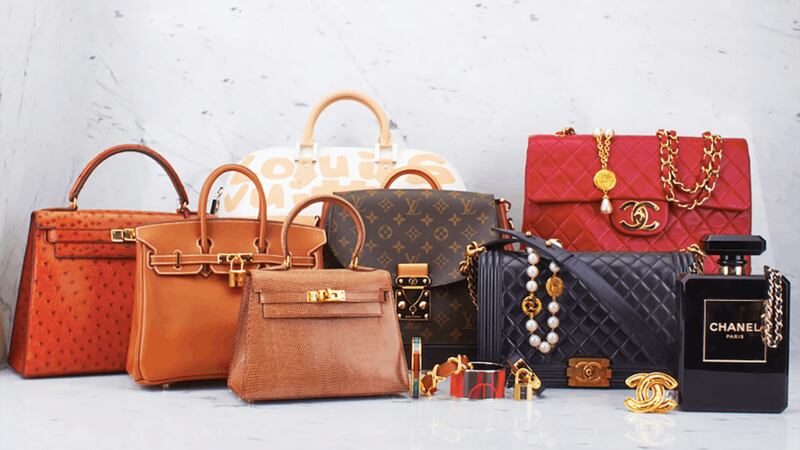
The Business of Fashion
Agenda-setting intelligence, analysis and advice for the global fashion community.

Agenda-setting intelligence, analysis and advice for the global fashion community.

The author has shared a YouTube video.
You will need to accept and consent to the use of cookies and similar technologies by our third-party partners (including: YouTube, Instagram or Twitter), in order to view embedded content in this article and others you may visit in future.
NEW YORK, United States — For the latest in our series of #BoFLIVE events, BoF Executive Editor Lauren Sherman and Correspondent Chavie Lieber were joined by Max Bittner, chief executive of Vestiaire Collective, and Tracy Sun, co-founder and SVP of New Markets at Poshmark, to discuss why resale platforms saw a rebound after the initial shock of the coronavirus outbreak — and whether or not they can sustain the momentum.
Covid-19 sent shockwaves through the fashion industry, resulting in widespread store closures, furloughs and layoffs. But for online second-hand platforms like Poshmark and Vestiaire Collective, the disruption was short-lived. Poshmark, a peer-to-peer marketplace, said sales were up by the third week of April. Meanwhile, Vestiaire Collective — which offers peer-to-peer selling, as well as consignment — also experienced a major sales boost in April, with the number of daily listings on its platform 33 percent higher than the pre-Covid-19 baseline.
“In terms of how our consumers responded in the resale space, I think they responded very similarly to how the world responded, which [was] at first shock,” Sun said. “Having said that, now that it’s been a few months we have quickly rebounded. Our sellers are working on rebuilding their businesses… We’ve adapted very quickly to this new normal.”
Consumer spending has declined sharply as unemployment levels rise. People are turning to their closets as a source of additional income, others are steering away from buying new clothes and instead searching for deals online.
ADVERTISEMENT
“Our business can really provide people with the opportunity to monetise their closets in periods of such severe economic distress… so for us to be there for them was really important,” Bittner said.
But what about the future of resale in global markets like China or India where there is a lack of consensus on the potential of the luxury resale market due to the stigma surrounding second-hand items?
“The importance of environmental concerns has really made secondhand socially acceptable,” Bittner said. “People would've never openly bragged about selling their stuff… or people buying on Vestiaire or Poshmark… [but] the whole concern about sustainability has made it chic, it’s made it cool.”
Sun encourages resellers across global markets to “focus more on your customer and what your customer needs and find something core to them… if you can get to a deep human emotion that can often change the conversation away from focusing on the stigma of the actual inventory.”
To participate in #BoFLive, BoF’s digital events series offering insight, advice and inspiration, visit our calendar where you can find details of upcoming digital events.
The deal is expected to help tip the company into profit for the first time and has got some speculating whether Beckham may one day eclipse her husband in money-making potential.
The designer has always been an arch perfectionist, a quality that has been central to his success but which clashes with the demands on creative directors today, writes Imran Amed.
This week, Prada and Miu Miu reported strong sales as LVMH slowed and Kering retreated sharply. In fashion’s so-called “quiet luxury” moment, consumers may care less about whether products have logos and more about what those logos stand for.
The luxury goods maker is seeking pricing harmonisation across the globe, and adjusts prices in different markets to ensure that the company is”fair to all [its] clients everywhere,” CEO Leena Nair said.